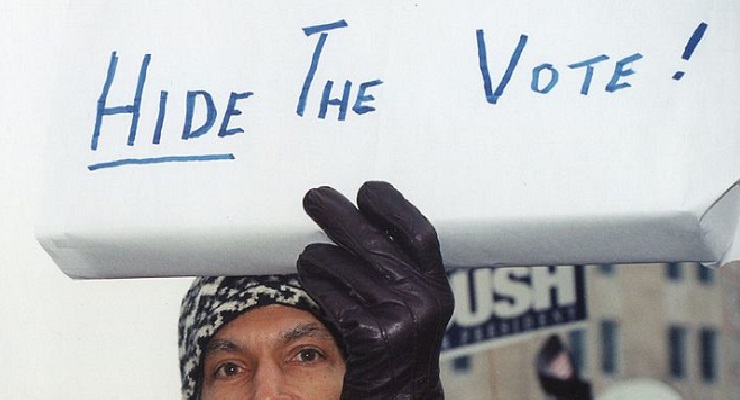
If citizens choose to start using ranked choice elections then why has the legislature blocked the move? Here is a recent post by Jack Santucci for the Monkey Cage:
Last fall, Maine voters passed an experiment in voting that no state has ever before tried: ranked-choice voting. It’s an experiment some say could change the national calculus against third parties, as I’ll explain below. But the state’s Republican-led Senate asked Maine’s Supreme Court to rule on the system — and the court recently issued an advisory ruling that ranked-choice violates the state constitution. So why would anyone be interested in ranked-choice voting — and why are Maine’s Republicans fighting it?
It’s a good question. Also, here is some more information on ranked choice voting and instant runoffs from Democracy Chronicles’s friends at FairVote:
Ranked choice voting (RCV) makes democracy more fair and functional. It works in a variety of contexts. It is a simple change that can have a big impact.
With ranked choice voting, voters can rank as many candidates as they want in order of choice. Candidates do best when they attract a strong core of first-choice support while also reaching out for second and even third choices. When used as an “instant runoff” to elect a single candidate like a mayor or a governor, RCV helps elect a candidate that better reflects the support of a majority of voters. When used as a form of fair representation voting to elect more than one candidate like a city council, state legislature or even Congress, RCV helps to more fairly represent the full spectrum of voters.
Check this out too:
Leave a Reply